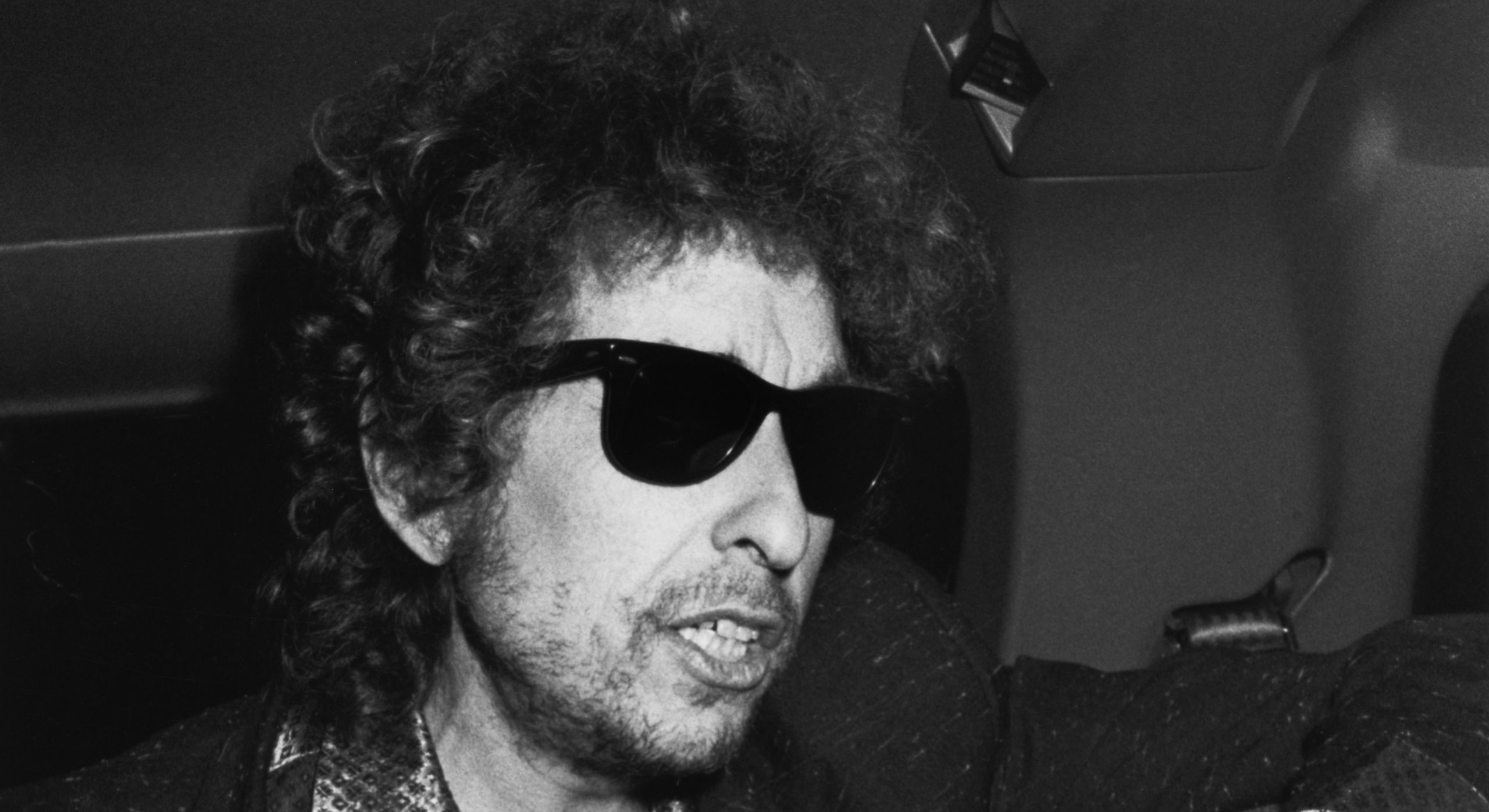
★★★☆☆
It took seven years for Dylan to follow up the patchiness of 1990’s Under the Red Sky with another set of original songs. That time was passed with two folk covers LPs and him donning the shades and polka dots of his youth for an MTV Unplugged set; so news of him stepping back into the studio with Daniel Lanois – the producer who’d helped revive his career, at least in the eyes of the wider public and critics, with 89’s Oh Mercy – was great news at the time.
In the months between the recording of these songs in the January of ’97 and TOOM’s release in September of that year, Dylan was admitted to hospital with severe chest pains, brought on by a fungal infection called Histoplasmosis. It was by all accounts a serious, potentially life-threatening, moment. Dylan cancelled UK tour dates, so you knew it was bad, and until COVID it instigated the longest hiatus in his gigging schedule since 1988. There’s a horrible alternate timeline, then, where the LP this Bootleg Series release is built around is Dylan’s swansong, his parting shot.
Weirdly, though, that’s exactly what it always sounded like; lyrically, and musically, Time Out of Mind (which breaks down to an apposite pun of an acronym if ever there was one) is full of darkness, ruminations on love, loss and later life. I hate to say it, but it would have been perfect.
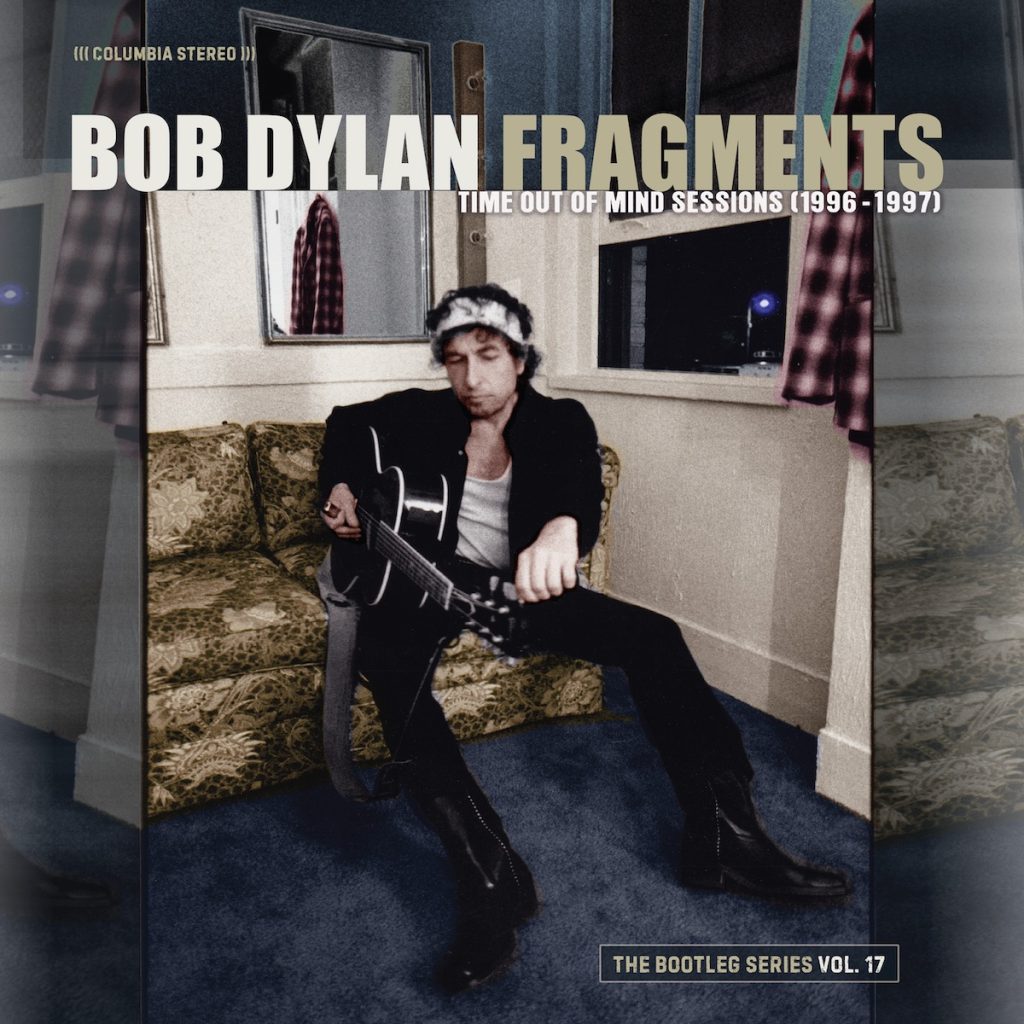
Recorded in Miami, the original TOOM drips with Lanois’ swampy, dense sound – the mix sounds like it’s coming through paper thin walls from another room. It transposes Phil Spector’s wall of sound from the bright sunshine and warmth of L.A. to the humid, shadowy nights of the deep south; all dense reverbs, shimmering tremolo guitars, multiple percussionists, and studios crowded with musicians layering textures. It’s the closest Dylan will ever get to dreampop or shoegaze; I loved it, but by all accounts, Bob wasn’t a fan.
Thus, the major talking point of Fragments comes on the first disc of its five: a remixed version of the canonical LP undertaken by mix engineer, Micheal Brauer.
Best known for his work with John Mayer, Coldplay, Terence Trent D’arby and for helping provide the 1999 remix of Dylan’s notoriously under-polished classic Street Legal, Brauer strips out what could be characterised as Lanois’ ‘excesses’ on Fragments, offering a less impressionistic take on a stellar set of songs, letting the all-star band come through via its very ‘in the room’ mix.
That band does shine, as well it should considering it includes two of Dylan’s best-loved sidemen – Bob Britt and Bucky Baxter – as well as Jim Keltner on Drums, and never-ending tour stalwart Tony Garnier on bass. However, disappointingly, the new mix breaks down to being The Best Bob Dylan Live Band Since 1978, rather than making a statement that delivers something new.
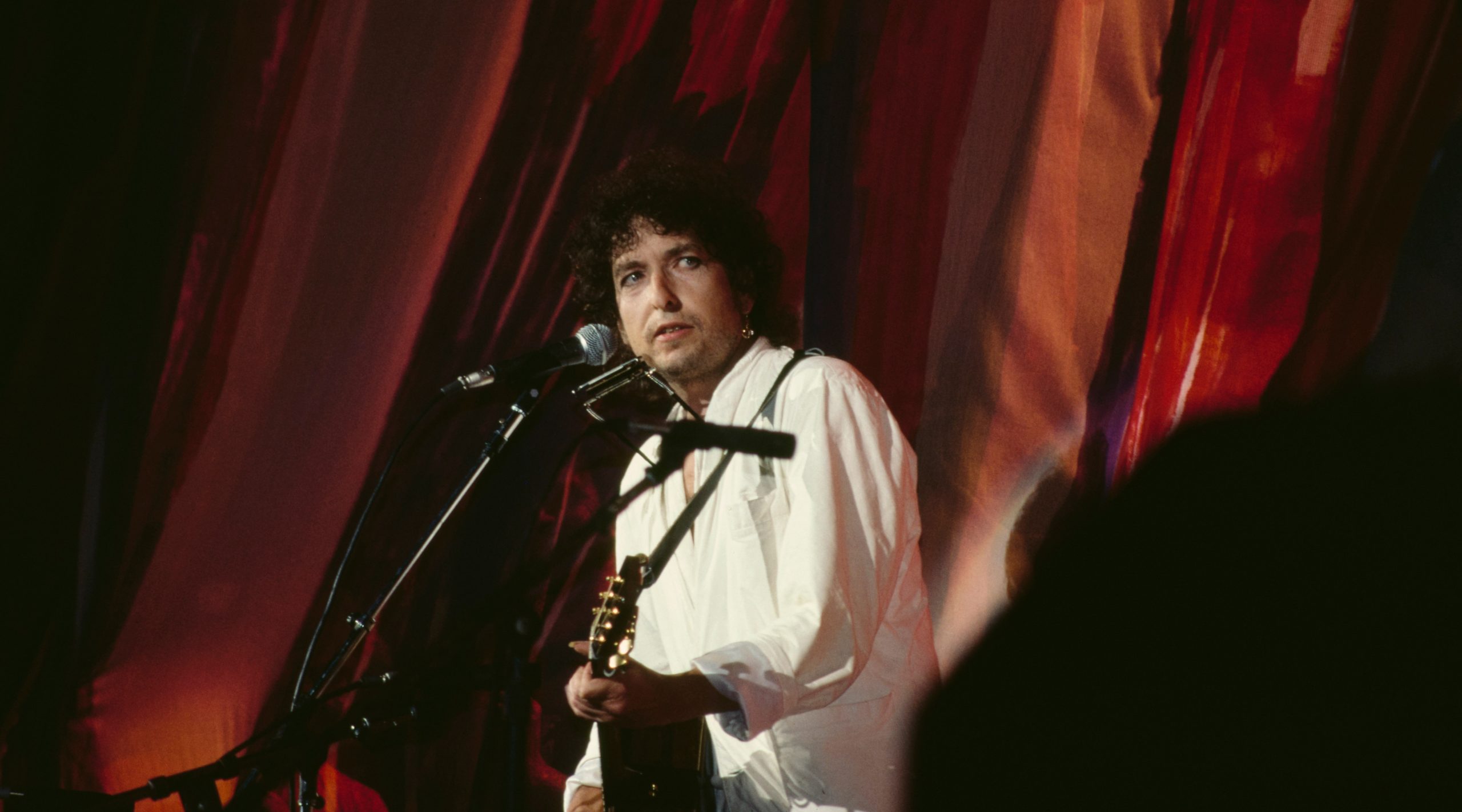
Thus Fragments’ most intriguing element seems an act of destruction rather than creation. In much the same way the unspoken message of the last entry in the Bootleg Series – Springtime in New York – was that ‘80s production ruined this material’, this very much seems to believe that Lanois was the problem on TOOM.
But, and bear with me here, what if… that’s wrong?
TOOM contains some defining moments of Dylan’s songwriting‘– ‘Love Sick’, ‘Not Dark Yet’, ‘Cold Irons Bound’, ‘Standing in The Doorway’, and (lest we forget) ‘To Make You Feel My Love’ remain unimpeachable additions to his hall of fame in any form. However, what made it such a hot cup of coffee for his career at the time it emerged was precisely the fact it sounded nothing like anything he’d done before.
Fragments, to its detriment, sounds like much of what he would do immediately after – simply because we already have that.
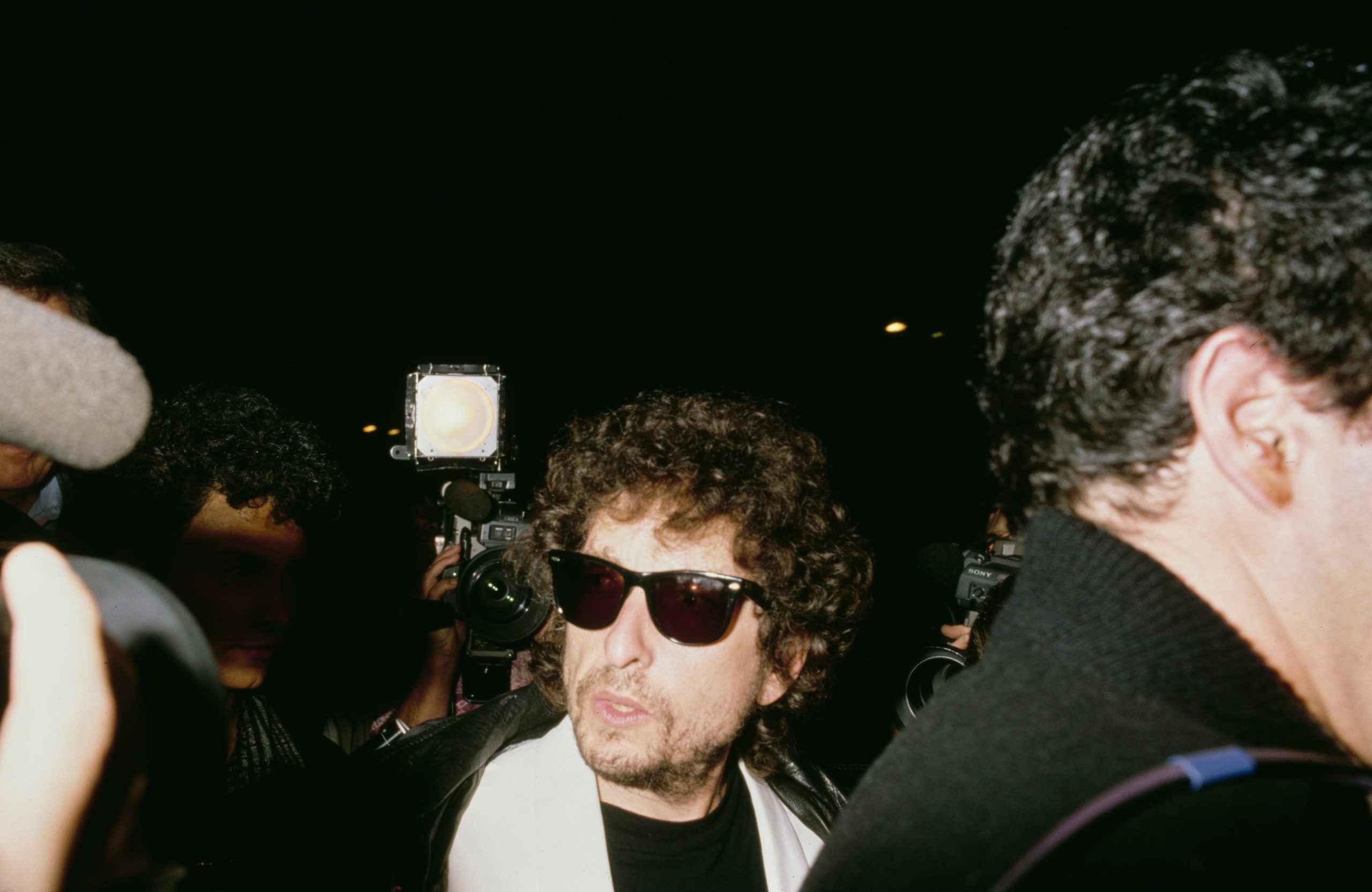
Stripped of the floating, muddied sound, the sheer number of people in the room becomes immediately obvious, and at points verges on cacophonous to ears that have heard the originals so many times. As we slip into the second disc, alternative versions showcase arrangements that are universally inferior to the canonical takes but which hold together in a more pleasing way than the remixes. This, it would seem, is because Lanois built towards the many layers of the final mix with a result firmly in mind.
Stripped of this over-arching vision, Fragments is ‘just’ a very, very high-quality jam session featuring some of the best songs every written by the greatest songwriter of our age as he reflects on lost love and the advancing years. That ‘just’ is, of course, the template that bought him so much success in the ‘60s and ‘70s where his way of working was to just get guys in a room and get it done quick. Still, shame… y’know?
This was never going to be a bad box set for fans. To be fair, it’s amazing. An unexpected run through ‘The Water Is Wide’, a folk traditional often performed with Joan Baez on the Rolling Thunder tour, as well as alt-outtakes of lost track ‘Red River Shore’, and the wonderful ‘Mississippi’ – held over to Love & Theft – are standouts alongside ‘Dreamin’ of You’, in an unheard version that truly reveals itself as the prototype for ‘Standing in the Doorway’.
The live disc, which picks out choice versions of the album’s tracks in sequence from shows between 1998 and 2001 (including one of only nine outings for the 16-minute long ‘Highlands’, and a bonus ‘Mississippi’) is a fantastic look back on a great NET band. While the fifth disc featuring tracks that have all appeared as part of the Tell Tale Signs Bootleg Series released before is a bit of a swizz, it’s nice to have them all in one set as a complete insight in to those Miami Sessions.
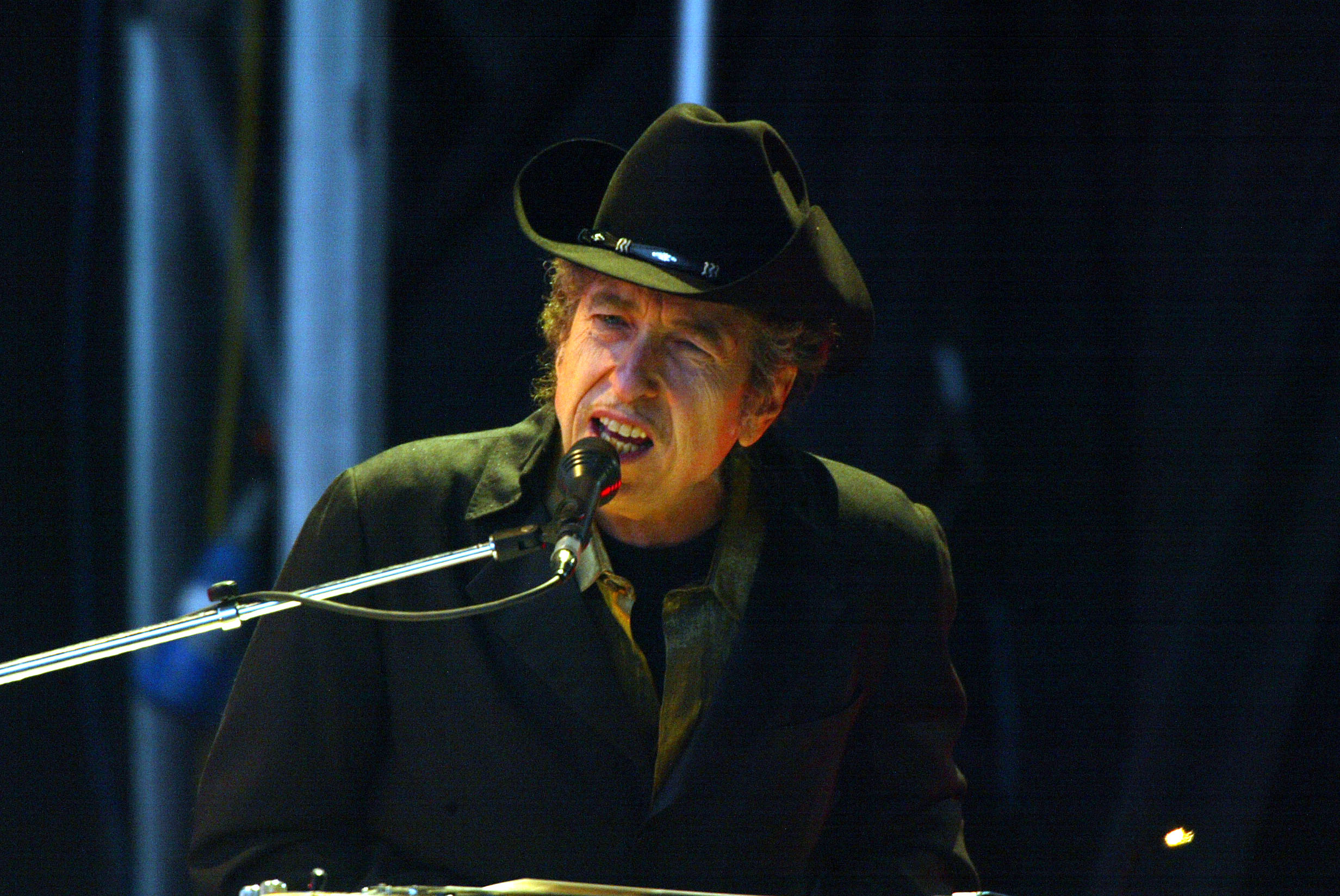
Personally, Fragments’ first disc doesn’t really add anything to TOOM that I needed. In fact it takes away a lot that I love. It highlights a friction point in Dylan’s career well, though, and for that it’s of great interest. The Beatles’ Let It Be… Naked was largely shrugged at because Spector basically got it right; McCartney was probably in a minority in not liking the result.
In the same way, this is not as effective at recontextualising Dylan’s songs as Springtime was for his early ‘80s output, because Lanois’ production was so singular and delivered with such panache that he may well actually come out of this box set looking better. Bob may not always know best.





1 Comment
I want very much to like and enjoy Fragments. But when I listen to anything off of the first disc, I hear the holes. And the holes are the missing Lanois production. And they’re huge. It’s like listening to someone playing guitar with a wah-wah pedal but then having that effect taken away. You’re left with a lot that’s missing. And some of the tracks on discs two and three and simply cringeworthy. No one needed to hear “Mississippi” on a run through that wasn’t listenable. Lanois was the one man who made Dylan marketable again in the ’90’s. Dylan should be celebrating him. Not reducing his work to nothing and charging his fans a steep price for the privilege. It’s hard to pass on a new Dylan release. But pass I shall.